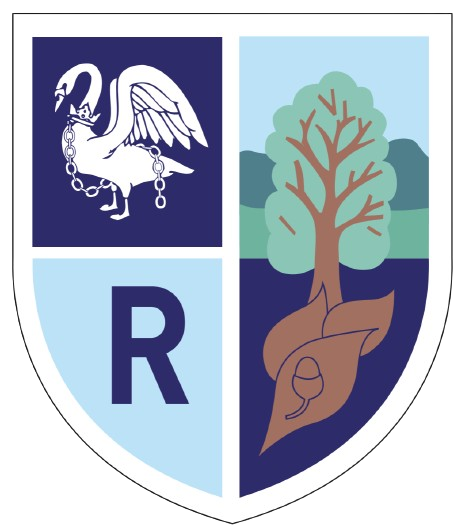Science
Science Curriculum Statement

At Robertswood School we recognise the impact of science in every aspect of daily life. As one of the core subjects taught in Primary Schools, we give the teaching of science the prominence it requires. Science has improved our lives and all pupils should be taught key aspects of the knowledge, methods and application of science. Children are encouraged to question and investigate the world around. These investigations should create a sense of excitement and curiosity about the world. Children are taught to understand how science can be used to explain how and why events occur, predict how things will behave, and analyse data collected from investigations.
We believe that it is vitally important that children develop secure understanding of each key block of knowledge and concepts in order to progress to the next stage. Children are taught to describe associated processes and key characteristics in common language and also be familiar with, and use, technical terminology accurately and precisely. To enhance this, cross curricular links are encouraged through the use of topic specific, high quality texts. These books are a vehicle for creative writing, developing understanding of scientific knowledge and process.
Intent – What we aim to do?
- To promote a love of science by developing the pupil’s interests and enjoyment of Science.
- To build on children’s curiosity by exploring their questions and allowing them to explore the answers.
- To develop scientific knowledge and conceptual understanding of biology, chemistry and physics.
- To develop working scientifically skills.
- To plan and conduct a range of investigations to help gain understanding of processes.
- To be given the opportunity to develop awareness of the importance of science in everyday life.
- To introduce the pupils to language and vocabulary of science.
Implementation – How do we achieve our aims?
At Robertswood School, we follow Twinkl Science which provides teachers with the guidance and materials to teach high-quality science. It offers a range of practical approaches and introduces scientific language in a fun and logical way. Science is taught as a separate subject and children in KS2 have weekly lessons in science, whilst KS1 teach it in blocks throughout the year. In Early Years, the Early Learning Goal that links to Science is ‘The Natural World’. The children explore the natural world around them and learn to safely use and explore a variety of materials through play and active learning.
We endeavour to ensure that the science curriculum we provide will give children the confidence and motivation to continue to develop their skills into the next stage of their education and life experiences.
Our whole school approach to the teaching and learning of science involves the following:
- At the beginning of each topic, staff reflect on prior knowledge and understanding, using knowledge organisers and use this as the starting point from which to move forward, ensuring that connections are made, and previous knowledge is built upon. Pupils complete an open-ended assessment, at the end of a unit, to test their knowledge and understanding of the content covered.
- Science lessons are based upon a whole school scheme (Twinkl) from Years 1-6. However, teachers adapt it to suit their cohort. Wherever possible, open questions are posed and children are encouraged to research and find answers for themselves. It is through these open questions and child-led investigations that children are able to achieve a greater depth of knowledge and understanding.
- Planning involves teachers creating engaging lessons, often involving practical science investigations to aid the children’s understanding of conceptual knowledge. Teachers use questioning in class to evaluate and gauge the children’s conceptual knowledge and skills.
- We build upon the learning and skill development of the previous years. As children progress through the school, they become increasingly independent in their ability to use scientific equipment accurately and interpret their results in terms of real-world impacts.
- Working Scientifically skills are embedded into lessons to ensure these skills are being developed throughout the children’s school life. New vocabulary and challenging concepts are introduced through direct teaching and displayed around the classroom environment.
- Teachers clearly demonstrate how to use scientific equipment safely and accurately before allowing children to use it themselves in the practical elements of the lesson.
When teaching about famous scientists, we ensure that they come from a diverse range of backgrounds and genders to ensure children see people like themselves.
In addition, there is a week dedicated to Science in the spring term where children are able to apply the skills that they have learned and where teachers can continue to teach children new skills and vocabulary.
Impact – How will we know that we have achieved our aims?
We aspire for all children to make good progress in science, so that by the time they leave primary school they have secure knowledge base on which to build. Teachers promote a positive attitude towards science learning within their classrooms, resulting in all children believing that they are capable of achieving high standards in science.
We will know that we have achieve our aims if:
- Children have a love of Science and can articulate their interests.
- Children are curious and ask questions about the world around them.
- Children have scientific knowledge and conceptual understanding of biology, chemistry and physics.
- Children can apply working scientifically skills in practice.
- Children can plan and conduct a range of investigations to help gain understanding of processes.
- Children are aware of the importance of science in everyday life.
Children can use the language and vocabulary of science.

